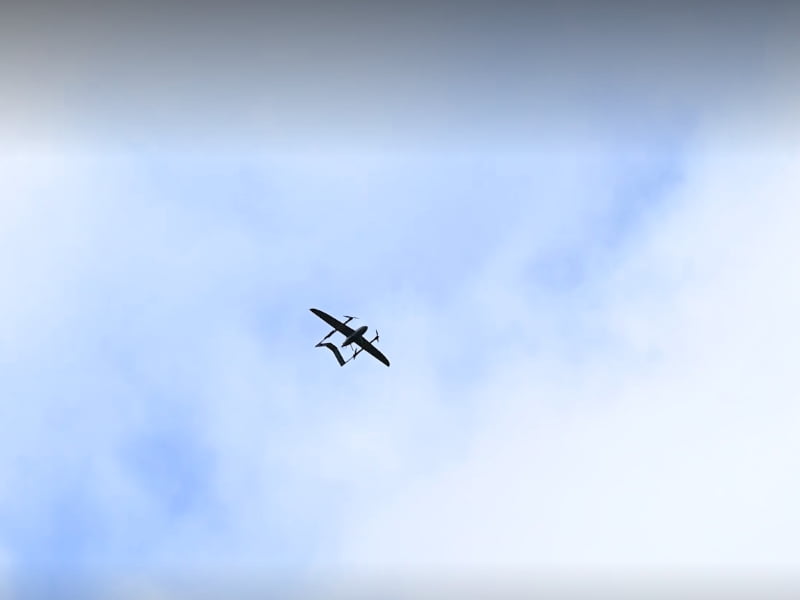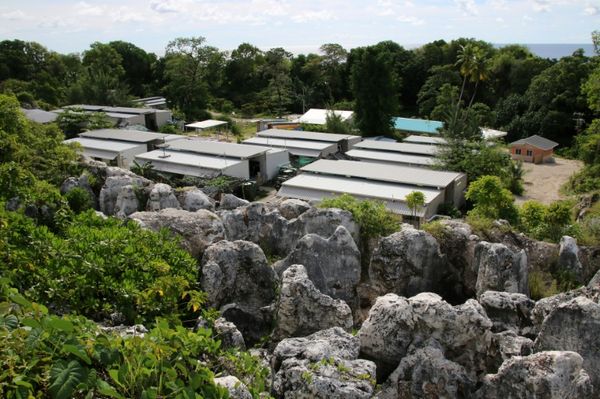Defence teams from AUKUS nations have claimed a world-first with the use of artificial intelligence models on unmanned aerial vehicles, in an early demonstration of the security pact’s second pillar of advanced technologies.
The demonstration is being touted as a significant step for Pillar II — which also includes technologies like quantum, hypersonics and cyber — and evidence of Defence’s new fast tracking of capability acquisition.

Late last month, teams from respective national governments observed an AI trial at a UK airbase by the 70-person AUKUS AI and autonomy working group, the Department of Defence announced on Friday.
It was the first instance of a jointly developed AI capability being deployed on the AUKUS nations’ coalition autonomous systems as part of Pillar II and demonstrates “several world firsts”.
This included live retraining at the edge of models in flight, and the interchange and use of AI models on uncrewed aerial vehicles, according to the announcement.
Department of Defence deputy secretary strategy, policy and industry group, Hugh Jeffrey said the trial is evidence that “AUKUS can deliver a capability that is greater than what any one country can do alone”.
“As outlined in the Defence Strategic Review, this trial exemplified the determination of AUKUS partners to rapidly translate disruptive technologies into capability,” he said in a statement.
“Successful collaboration between AUKUS partners brings us ever closer to understanding how we rapidly field robust and trustworthy AI in complex and contested environments.”
Under AUKUS pillar II, the partner countries have committed to collaborating on the development of eight advanced capabilities, including quantum, advanced cyber, and artificial intelligence and autonomy.
There are growing calls to establish a more systematic approach to the technology sharing and the three nations’ industrial bases. But the massive investments and changes to defence policy brought by AUKUS needs more scrutiny, according to a range of critics.
The Albanese government allocated $151.6 million over the forward estimates to Pillar II in this month’s Budget. The Pillar I nuclear-powered submarine fleet is expected to cost an0ther $368 billion.







